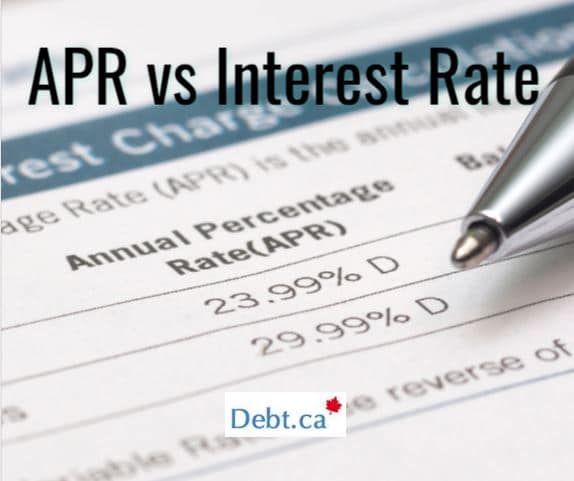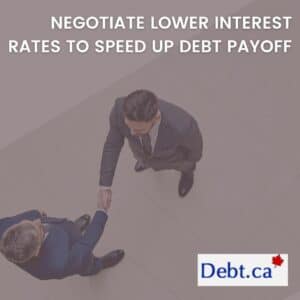Understanding compound interest and the risks of unpaid debt is essential if you owe money. Accumulated interest can cause you to pay much more than the initial cost. Sometimes, interest is compounded monthly. Other times, the frequency of compounding can vary and make your debt grow faster.
If you feel overwhelmed by your credit card debt, don’t worry. It is fully within your reach to get a handle on your debt and put a plan in place to pay off that debt.
First, you should educate yourself and understand the ins and outs of interest and debt. Secondly, don’t be afraid to ask for help from a professional. They can help you manage your debt and set your mind at ease.
What is Compound Interest?
Compound interest is the interest that accrues on both the principal amount and also on any previous interest. You can accrue compound interest daily, weekly, monthly or yearly. Paying interest on the principal and past interest can be dangerous. The amount you end up paying can be quite a lot higher than the original amount of the loan. Understanding compound interest can keep you from
As an example, let’s say you have a $10,000 loan and you are paying 10% in compound interest (compounded annually). You pay $1,000 in interest in the first year, $1,100 in the second year and so on. It is easy to see how the money really adds up with a loan involving compound interest, and that the longer it takes to pay off this loan, the more money you will end up paying in the long run.
This, however, is a simplistic example that doesn’t take regularly scheduled payments into consideration. The amount of interest will vary depending on how many payments you are making and how big the payments are.
Is it Easy for My Debt to Get Out of Control?
It can be quite easy for debt to get out of control. Though the previous example is a basic illustration of how compound interest works, it is easy to see how the money can really add up quickly. The longer it takes to pay off this debt, the more money you will end up paying in the long run, resulting in your debt really getting out of hand.
Another factor to consider if you are paying compound interest on your debt is how frequently it accrues. If interest is being added to the principal daily, for example, the principal grows more quickly and the amount of compound interest will be higher. It is most common for the interest to be calculated annually; however, this is not the case with all kinds of debt.
Many people have several credit cards, a line of credit, a car loan (or some other personal loan) and a mortgage. It can be surprisingly easy to spend and much more difficult to pay back, especially with potentially high-interest rates. It’s important to remember that the money you spend is not equal to the amount you will have to pay back.
Most banks will compound credit card interest daily or monthly, and they typically also have high-interest rates. It is important to pay off your credit card and other high-interest debt quickly rather than carrying a balance from month to month.
Help! My Debt Is Out of Control!
If you feel like your debt is out of control, don’t panic. There are several things you can do to get control of your finances and put a reasonable payment plan in place. The first step is to create a budget, so you can figure out how much money you are earning and how much money you have going out.
Once you have a budget in place, take a close look at your debts and prioritize them (i.e. which one you should pay off first etc.) and consider looking into consolidating your debts. Through debt consolidation, you can combine your debts and make one payment, generally with lower interest rates, to help you pay off your debts more quickly.
If you are feeling overwhelmed, seek help. You may want to speak with a financial advisor or credit specialist who can give you sound advice on how to pay off your debt faster and how to get your spending under control.
If your debt is spiralling out of control, one of the most important factors to remember is to seek help and not ignore the problem. If you feel overwhelmed, there is help out there. Many banks and other lenders will be willing to work with you if you approach them and ask for help.
You are not alone – many others are in the same situation and help is available. Be proactive, and you’ll have your debt back under control in no time. Fill out the online debt relief form to get a free savings quote today.









